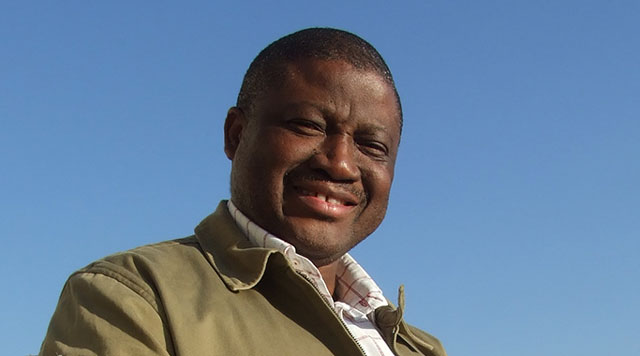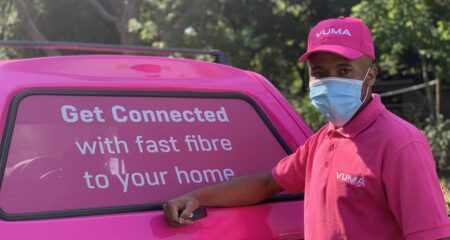
iBurst parent Wireless Business Solutions (WBS) may be close to signing a deal with either Vodacom or MTN to build a national 4G broadband network based on long-term evolution (LTE) technology, according to CEO Thami Mtshali.
Mtshali says WBS has had extensive discussions with South Africa’s two largest mobile network operators with a view to forging an agreement that could result in either Vodacom or MTN partnering with it to build and share national 4G/LTE infrastructure.
“We are very close to the [two] mobile operators,” he says. “We know how the deal can be structured and a lot of points have been agreed to. Most of the issues have been resolved.”
Mtshali feels an acquisition of WBS by Vodacom or MTN is less likely, but “is an option”. He believes that such a deal could face regulatory hurdles at the Competition Commission and the Independent Communications Authority of South Africa (Icasa) given the relative size of the two mobile operators.
He adds that WBS isn’t favouring one party over another. “Blue Label [Telecoms] has a strong relationship with Vodacom and Broadlink has a strong relationship with MTN,” he says. Blue Label co-founder Brett Levy leads a consortium that is an investor in WBS; Broadlink is a WBS subsidiary.
News of WBS’s discussions with MTN and Vodacom comes as rumours continue to swirl around another telecommunications player, Neotel. The two mobile operators are believed to have had talks about buying the company, although its largest shareholder, India’s Tata Communications, has consistently denied that it plans to sell. Dimension Data, which is owned by Japan’s Nippon Telegraph and Telephone, has also been linked to discussions about a potential deal.
Like WBS, Neotel has access to radio frequency spectrum in bands that are well suited to building 4G/LTE networks. It has chunks of spectrum around 1,8GHz and 3,5GHz and has said it plans to offer a commercial 4G network in the third quarter of this year, although it will have only 50 base stations at launch.
WBS, meanwhile, has access to spectrum in the 1,8GHz and 2,6GHz bands. The company has already built a limited 4G/LTE trial network at 2,6GHz and is eager to expand the network nationally. However, constructing a network of national scope would require a huge investment in capital, something that the deep-pocketed mobile operators are arguably best able to fund.
Even if WBS doesn’t sign a deal with one of the mobile operators, it says it will still probably build a fixed-wireless network based on LTE, but the scope will then be more limited.
Mtshali says WBS’s ongoing dispute with Icasa over unpaid spectrum fees — currently the subject of a high court battle following raids on its premises earlier this year — shouldn’t have any effect on whether one of the mobile operators partners with it to build a network. “The issue with Icasa is just fees. We haven’t said we don’t want to pay, it’s just the amount [in dispute].” — (c) 2013 NewsCentral Media




